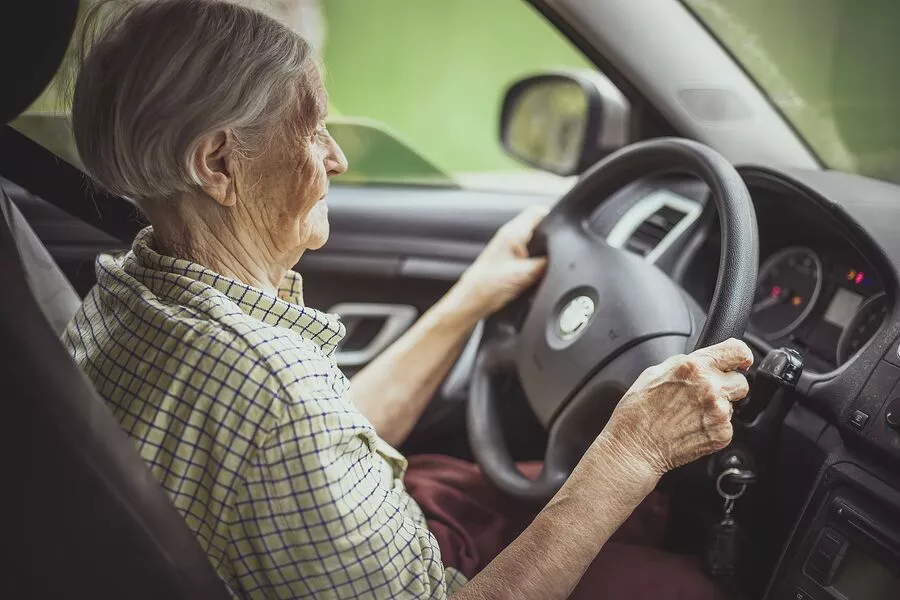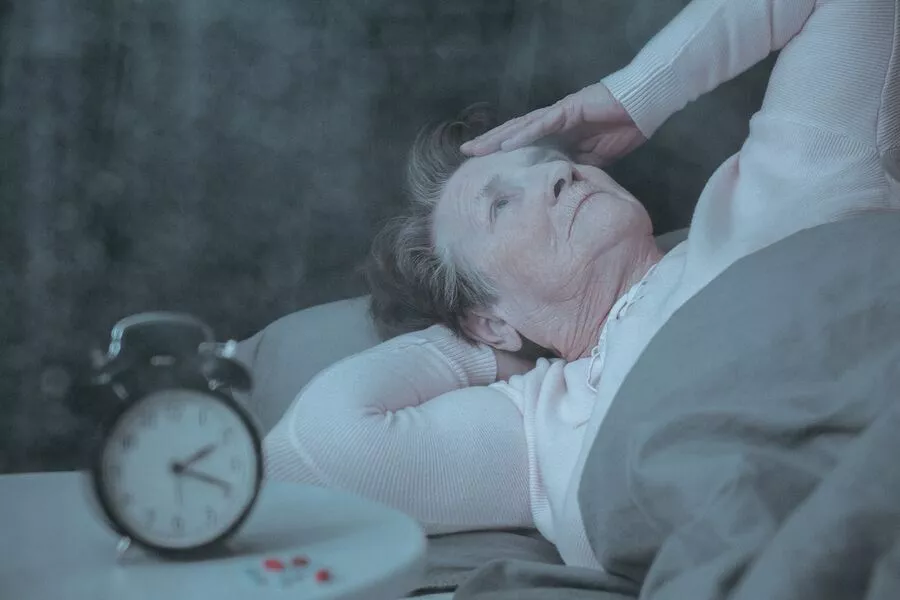Choosing the right home care agency for a loved one can be a daunting task. With so many options available, it can be overwhelming to know where to start. However, by considering a few key factors, you can make an informed decision and find a home care agency that meets your loved one’s unique needs.
- Determine Your Loved One’s Needs
Before you start searching for a home care agency, it’s important to determine your loved one’s specific needs. Are they recovering from an injury or surgery? Do they have a chronic illness? Are they dealing with cognitive decline? Understanding your loved one’s situation and the level of care they require will help you narrow down your search and find an agency that offers the appropriate services.
- Research Home Care Agencies
Once you know what type of care your loved one requires, you can start researching home care agencies. Look for agencies that specialize in the type of care your loved one needs, such as dementia care or post-surgery care. You can also ask for referrals from friends, family, or healthcare providers.
- Check the Agency’s Reputation
When choosing a home care agency, it’s essential to check their reputation. Look for reviews online, and ask the agency for references from previous clients. You can also check the agency’s accreditation and licensing status to ensure that they meet the necessary standards.
- Consider the Caregiver’s Qualifications
The caregiver who will be providing care for your loved one is a crucial factor to consider. Ask the agency about their caregiver screening process and training. Look for agencies that employ caregivers who are licensed, bonded, and insured. You should also consider the caregiver’s experience and expertise in providing care for your loved one’s specific needs.
- Evaluate the Agency’s Communication and Support
Effective communication and support are essential for a successful home care experience. Look for an agency that provides clear and consistent communication with you and your loved one. They should also have a support system in place to address any concerns or issues that arise.
In conclusion, selecting a home care agency is an important decision that requires careful consideration. By understanding your loved one’s needs, researching agencies, checking their reputation, considering caregiver qualifications, and evaluating their communication and support, you can find an agency that provides the high-quality care your loved one deserves.



 The employee of the month for May is Jackie Likens. Jackie’s been very helpful to us at Golden Heart. We really appreciate the way she steps in when we need her. We want to make sure we recognize her hard work and dedication, by naming her employee of the month. Congratulations Jackie, keep up the hard work!
The employee of the month for May is Jackie Likens. Jackie’s been very helpful to us at Golden Heart. We really appreciate the way she steps in when we need her. We want to make sure we recognize her hard work and dedication, by naming her employee of the month. Congratulations Jackie, keep up the hard work! 25 percent of people who have a heart attack will have a second one. However, approximately 80 percent of heart attacks can be prevented. That means that if your aging relative has had a heart attack, there are ways for them to lower the risk of having a second one. Below are some steps that can lead to better heart health and prevent a second heart attack.
25 percent of people who have a heart attack will have a second one. However, approximately 80 percent of heart attacks can be prevented. That means that if your aging relative has had a heart attack, there are ways for them to lower the risk of having a second one. Below are some steps that can lead to better heart health and prevent a second heart attack. How your older family member deals with the stress of the pandemic is dependent on factors including their background and their community. Seniors may be more susceptible to stress from the situation because they are at higher risk due to age. In addition, if your aging relative has a chronic condition or suffers from mental health issues, the stress may be even worse.
How your older family member deals with the stress of the pandemic is dependent on factors including their background and their community. Seniors may be more susceptible to stress from the situation because they are at higher risk due to age. In addition, if your aging relative has a chronic condition or suffers from mental health issues, the stress may be even worse. When your elderly parent is thirsty, what do they typically reach for? There are many beverage choices available, from water, to juice, to soft drinks, to coffee. It’s easy to forget about the calories, sugar, and other substances in beverages. People tend to think more about the foods they eat than what they drink. However, research shows that what your parent drinks may have more of an impact on their health than you may think. Below are some common beverages and how they affect your parent’s health.
When your elderly parent is thirsty, what do they typically reach for? There are many beverage choices available, from water, to juice, to soft drinks, to coffee. It’s easy to forget about the calories, sugar, and other substances in beverages. People tend to think more about the foods they eat than what they drink. However, research shows that what your parent drinks may have more of an impact on their health than you may think. Below are some common beverages and how they affect your parent’s health.